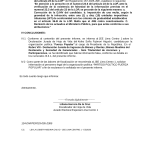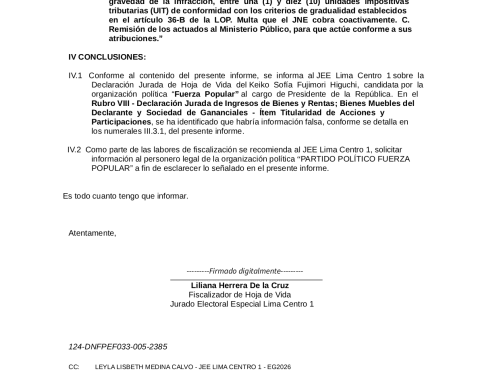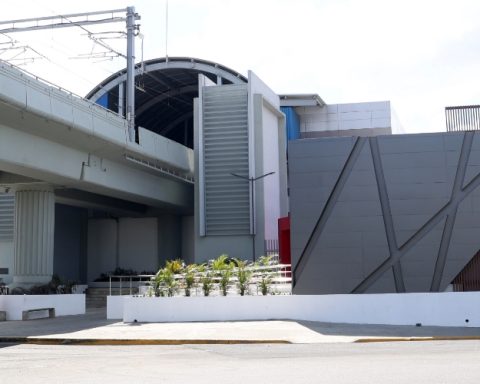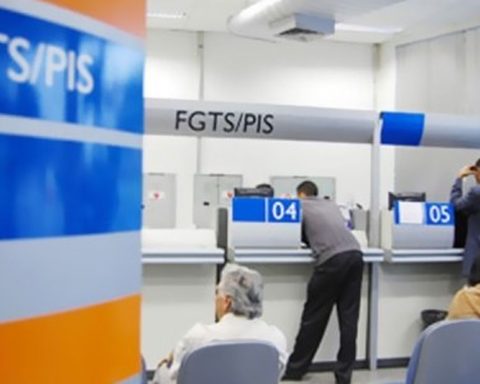The Government announced yesterday in the international markets (USA) the invitation to purchase and exchange offers of its sovereign bonds for US$2,000 million with maturities in 2022, 2023 and 2028. This year, the country has to return US$500 million – borrowed in 2012- so you are seeking an extension of the term.
The stock market “move” according to Jaime Dunn, a financial analyst, is due to the need of the administration of President Luis Arce, on the one hand, to have liquidity and, on the other, to reduce debts.
In the statement to which EL DEBER had access, the Bolivian Government establishes that the invitation is not conditioned to any minimum participation in any series of old bonds, but to the price and closing of a transaction in the international capital markets for an acceptable amount. for the country.
The invitation began yesterday at 9:00 a.m. (New York time) and will expire at 9:00 a.m. on February 17, 2022, unless extended by Bolivia. The purchase price of the old bonds will be one dollar for each of them. Bolivia has hired the international banks Goldman Sachs, JP. Morgan and BofA Securities, providing further support.
As established in the statement, the outstanding capital as of February 10, 2022 of the 2022 sovereign bonds, with an interest rate of 4.875%, which matures in this management, amounts to US$500 million. A similar amount corresponds to the 2023 issue with an interest rate of 5.950%, which matures in 2023.
While those that mature in 2028 have an interest rate of 4,500% and add up to a capital of $1,000 million.
have cash
Dunn explained that the strategy of swapping old bonds, placing new ones or paying in cash is aimed at achieving liquidity, to shore up Net International Reserves and reduce pressure on the debt.
The expert noted that the country’s low stock market ratings force it to accept lower rates than those prevailing in the international market. So, he considers that in the face of these adverse conditions, what the Executive is doing is the most appropriate.
For the economist Germán Molina, the operation of the Ministry of Economy can be interpreted as a repurchase of debt at maturity, since this system seeks to extend the maturity of the 2022 sovereign bonds. “When exchanging or exchanging old bonds for 2023 bonds, what is What he does is delay the payment that should have been made this year and transfer it to the next administration,” he said.
In turn, the analyst Róger Banegas, maintained that the situation of the liquid international reserves (US$ 1,441 million) compromises the country’s capacity to face the maturities of the Bolivia 2022 bonds, and believes that it is likely that due to market conditions current and global rates between 9 and 11% have to be offered to be attractive.
The economist explained that the market for fixed income instruments at a global level is experiencing increases even for sovereign bonds with the best risk rating. “For example, Germany, which since 2019 offered a negative return on its bonds (today it is positive). This involves a higher return demanded in the international financial markets”, he pointed out to time to emphasize that the country does not escape these movements of the international financial markets.
In the opinion of a banker, who requested that his name be withheld, the bond issue could be very positive for the country, depending on external appetite.
The Ministry of Economy and Finance was consulted about the issue, but they did not respond until the end of the edition.
The Government announced yesterday in the international markets (USA) the invitation to purchase and exchange offers of its sovereign bonds for US$2,000 million with maturities in 2022, 2023 and 2028. This year, the country has to return US$500 million – borrowed in 2012- so you are seeking an extension of the term.
The stock market “move” according to Jaime Dunn, a financial analyst, is due to the need of the administration of President Luis Arce, on the one hand, to have liquidity and, on the other, to reduce debts.
In the statement to which EL DEBER had access, the Bolivian Government establishes that the invitation is not conditioned to any minimum participation in any series of old bonds, but to the price and closing of a transaction in the international capital markets for an acceptable amount. for the country.
The invitation began yesterday at 9:00 a.m. (New York time) and will expire at 9:00 a.m. on February 17, 2022, unless extended by Bolivia. The purchase price of the old bonds will be one dollar for each of them. Bolivia has hired the international banks Goldman Sachs, JP. Morgan and BofA Securities, providing further support.
As established in the statement, the outstanding capital as of February 10, 2022 of the 2022 sovereign bonds, with an interest rate of 4.875%, which matures in this management, amounts to US$500 million. A similar amount corresponds to the 2023 issue with an interest rate of 5.950%, which matures in 2023.
While those that mature in 2028 have an interest rate of 4,500% and add up to a capital of $1,000 million.
have cash
Dunn explained that the strategy of swapping old bonds, placing new ones or paying in cash is aimed at achieving liquidity, to shore up Net International Reserves and reduce pressure on the debt.
The expert noted that the country’s low stock market ratings force it to accept lower rates than those prevailing in the international market. So, he considers that in the face of these adverse conditions, what the Executive is doing is the most appropriate.
For the economist Germán Molina, the operation of the Ministry of Economy can be interpreted as a repurchase of debt at maturity, since this system seeks to extend the maturity of the 2022 sovereign bonds. “When exchanging or exchanging old bonds for 2023 bonds, what is What he does is delay the payment that should have been made this year and transfer it to the next administration,” he said.
In turn, the analyst Róger Banegas, maintained that the situation of the liquid international reserves (US$ 1,441 million) compromises the country’s capacity to face the maturities of the Bolivia 2022 bonds, and believes that it is likely that due to market conditions current and global rates between 9 and 11% have to be offered to be attractive.
The economist explained that the market for fixed income instruments at a global level is experiencing increases even for sovereign bonds with the best risk rating. “For example, Germany, which since 2019 offered a negative yield on its bonds (today it is positive). This involves a higher return demanded in the international financial markets”, he pointed out to time to emphasize that the country does not escape these movements of the international financial markets.
In the opinion of a banker, who requested that his name be withheld, the bond issue could be very positive for the country, depending on external appetite.
The Ministry of Economy and Finance was consulted about the issue, but they did not respond until the end of the edition.
;
















